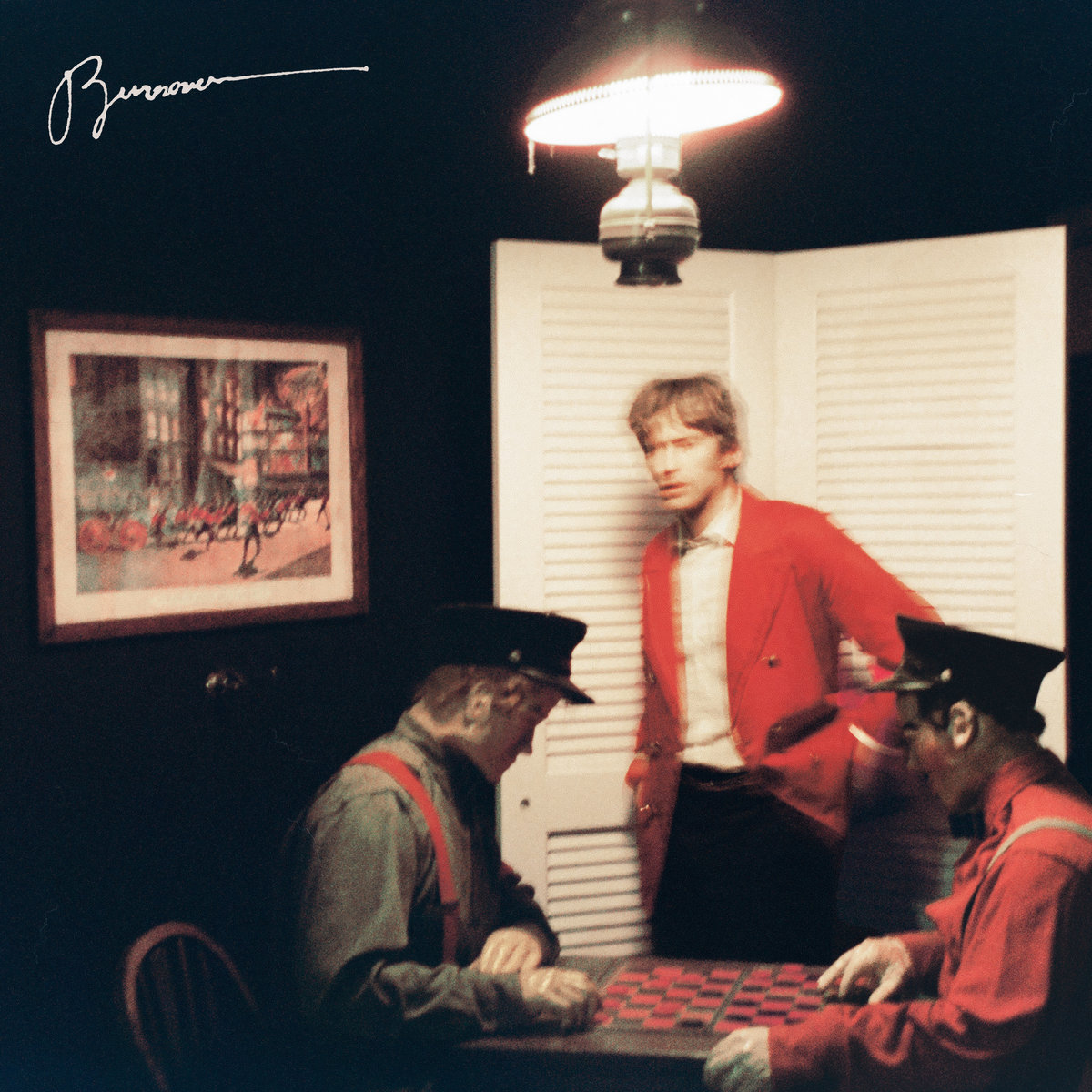Moon By Moon - Chelsea | EP Review
/In my experience, life isn’t the hardest at extremes. Obviously, when things are going good, then the hardships that life throws your way are just seen as balance. Even when tainted by the glow of nostalgia, those good periods in your life can fuel you for years after the fact. In other words, the negative things all wash away with the distance of time. Meanwhile, the overtly bad periods can be crushing, but there’s a consistency to them that allows you to put your head down, get things done, and try your best to change your situation… because that’s all you have.
No, I’ve found that the hardest parts of life are those liminal spaces that exist between these two polarities. The middle ground that lives between the highs and the lows. The mundane days, the absence of life, the haunting abyss of nothingness. The space when you’re in between jobs and have an interview or two lined up; you’re not hopeless, but you’re not sure how much hope you can allow yourself. That point in a fight where you’re not sure if your partner is about to end it all or keep on loving you. The times when you just have no fucking clue what you’re doing. The space between the good and the bad is what pains me most because it’s not numbed by an extreme. You’re in limbo, and that is its own kind of pain.
Chelsea, the newest EP from Moon By Moon, is a release dedicated to examining these in-between spaces in life. It’s a nine-minute collection of auditory exploration that wanders through these moments with both tenacity and grace, a feat if I’ve ever seen one.
“Chelsea,” the EP’s namesake, opens with a swirling ethereal coda that flashes forward in time to the song’s eventual melody, tipping its hand before the listener even knows it. Disembodied voices float through the air over a dreamy Mazzy Star-like instrumental, eventually dissolving into a tapped guitar line and swaying vocal melody. Halfway into the track, the song mounts and the drums erupt, making way for a towering indie rock riff that sounds straight out of a Snail Mail song. As shoegaze-like distortion erupts the song’s melody, the singing becomes more impassioned and soon the entire thing simmers over, pausing just long enough for the initial guitar line to make one final appearance before ascending into the clouds.
From there, the two songs that make up the back half of the EP work together as a singular ambient piece that takes the project from reality to a sort of Twin Peaks-like dream state. “Stars” opens with the pitter-patter of rain which slowly fades in favor of a simple acoustic guitar pattern and gorgeously hushed vocals. This passage evokes the optimistic beauty of Adrianne Lenker’s recent solo work while simultaneously capturing some of the stark, existential sounds of artists like Grouper.
Finally, “Something in the Making” sends the listener off on another bed of swirling angelic voices that mirror the EP’s opening. It’s a beguiling and dream-like way to end the release that makes the whole thing circle back to the beginning. In this way, the final two minutes of this EP act as a sort of self-fulfilling prophecy that ends up forming one larger recursive journey.
Chelsea is an EP that exists in life’s liminal moments. Not only that, Chelsea finds the beauty in those liminal moments and holds them under a magnifying glass for the entire world to see. It’s a collection of sounds that, optimistically, chooses to hone in on the good in those moments when other people might waver.
This is a release that captures the best of those in-between moments. The space between wake and sleep, between the wind and the trees, between the past and the future. It is the shaking of leaves in the fall. It is the insects trilling far off in the summer air. It’s an ode to a lost year, capturing the bleary days and restless nights that we’ve collectively weathered while suspended in stasis. The fact that the band chose to focus on the positive moments within those spaces shows their strength not only as artists but as people.









